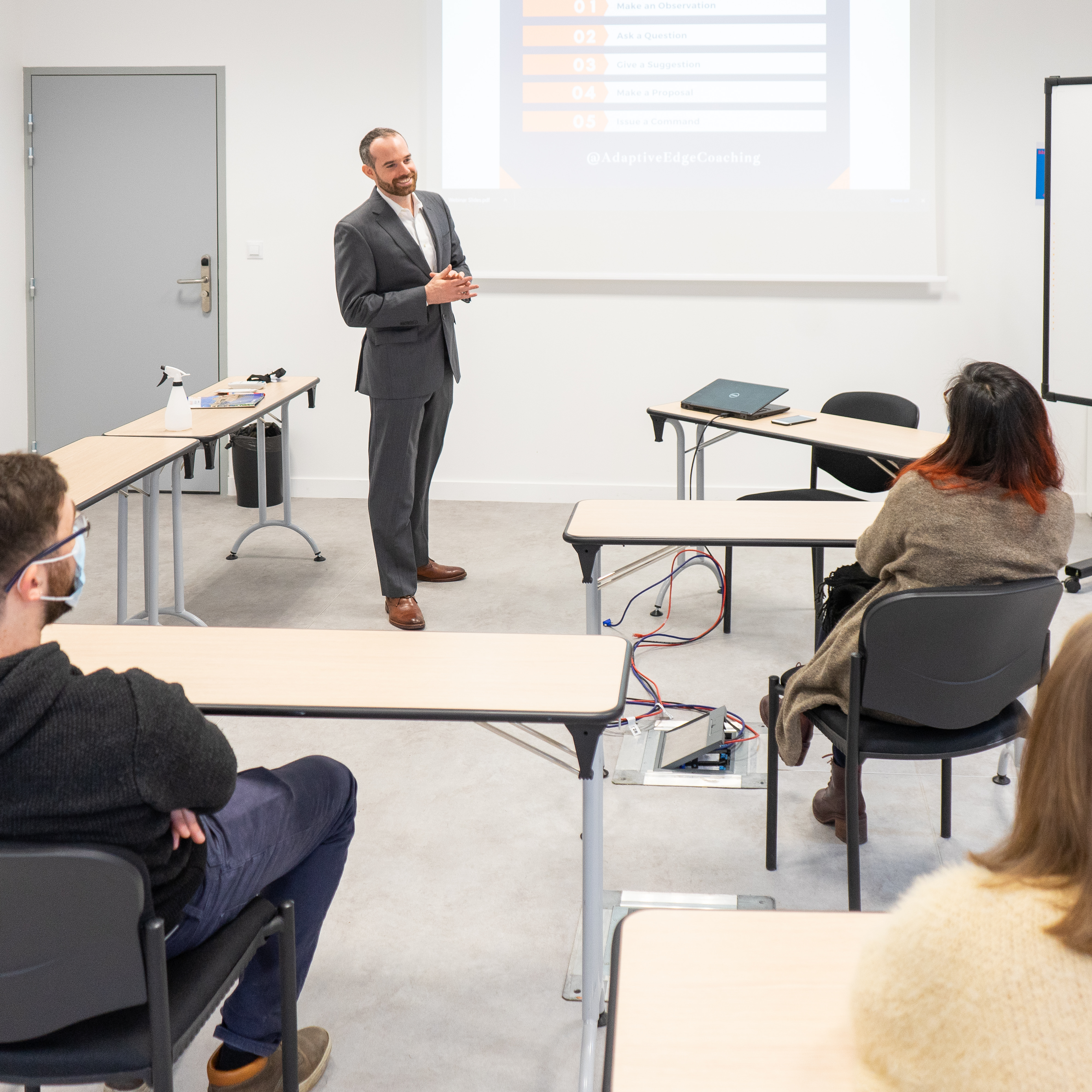Learning Delivery
All seminars, workshops, and coaching are delivered according to best practices
for optimal learning and long term transfer of knowledge.

Empathy
Emotion and motivation are paramount to the learning process. Feel connected to the material and the people in your programs as you learn to change.

Personalized Learning
Participants actively engage in and drive the process. No passive learning!

Attention, Generation, and Spacing
Multiple modalities, including presentations, video, and text increase attention while a careful combination of spoken, written, and behavioral activities generate insight for change. Development is spaced out to optimize long-term transfer of learning.

Progress Monitoring
Know exactly where you stand at all times in regard to progress on mutually agreed upon standards.
Developmental Psychology
Dr. Robert Keegan’s Constructive Development and Immunity to Change
Constructive Development
Humans shape their experience and construct their own reality in 5 stages of growth over the lifespan.
Fundamentally incomplete
Due to the dialectical nature of our world, we are fundamentally incomplete in all areas of life and always benefit from perspective.
Immunity to Change
People form emotional, cognitive, and behavioral commitments to preserve themselves from deep seeded worries associated with identity.
Subject - Object Transitions
Humans evolve and become more complex by moving from subject to object elements of life that are cognitive, intrapersonal, and interpersonal.
Neuroscience

Neurobiology and Reflection
Reflection is the key for reconsolidation and changing our thoughts, emotions, and behaviors. The tripod of reflection: Openness, observation, objectivity
Openness – Be receptive to whatever comes to our awareness and don’t cling to preconceived ideas about how things “should” be.
Observation – perceive the self even as we are experiencing an event. It offers us a powerful way to disengage from automatic behaviors and habitual responses; we can sense our role in these patterns and begin to find ways to alter them
Objectivity permits us to have a thought or feeling and not become swept away by it. Internal processes are temporary and not the totality of who we are.
Dr. Lisa Feldman Barrett states that emotions are constructed by the mind in response to perceived similarities between

Polyvagal Theory
Dr. Stephen Porges has uncovered the centrality of the vagus nerve in our social health and well-being. His groundbreaking research in neuroscience allows us to sleep better, stay calmer, and regulate our emotions with ease. Download our free PDF guide.

Phelps Lab at Harvard
Emotions, thoughts, and decision making are based on memory of past events. By reconsolidating memories, we can change how we think about aspects of our life and change our behavior.
Reconsolidating deals with taking brain activity that is isolated in one region of the brain and moving it into the neo-cortex where it can be modified. By activating fear, emotion, memories, and the 5-senses we can change the emotion’s power over our memories and reprogram the reality around a memory and decision making.
Social Psychology - Identity
Symbolic Interaction and Identity Theory
IDENTITY CONTROL THEORY
Affect Control Theory
Justice Frameworks
Interpersonal Communication
Negotiations
Difficult Conversations
Conflict Styles

Adaptive Edge coaching
Theory and practice
Adaptive Edge Coaching uses the latest scientific methods in learning, psychology, and neuroscience. Adaptive Edge’s methodology is broken down into six individual steps.
Our Services
Learn how we take a unique approach to make our impact.
About Us
Meet the people working hard everyday to bring our vision to life.
Our Blog
The latest research in psychology and neuroscience for everyday life.

